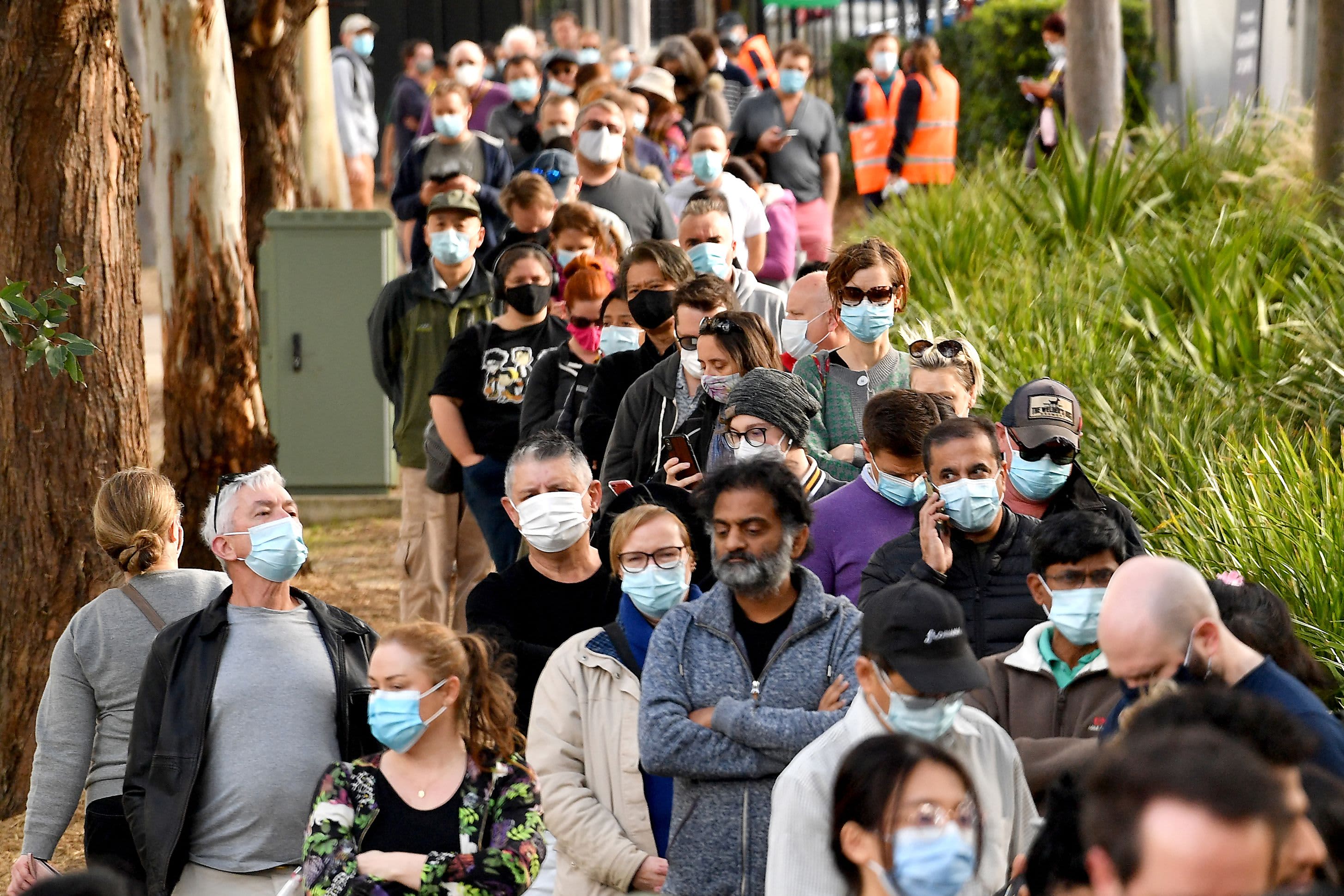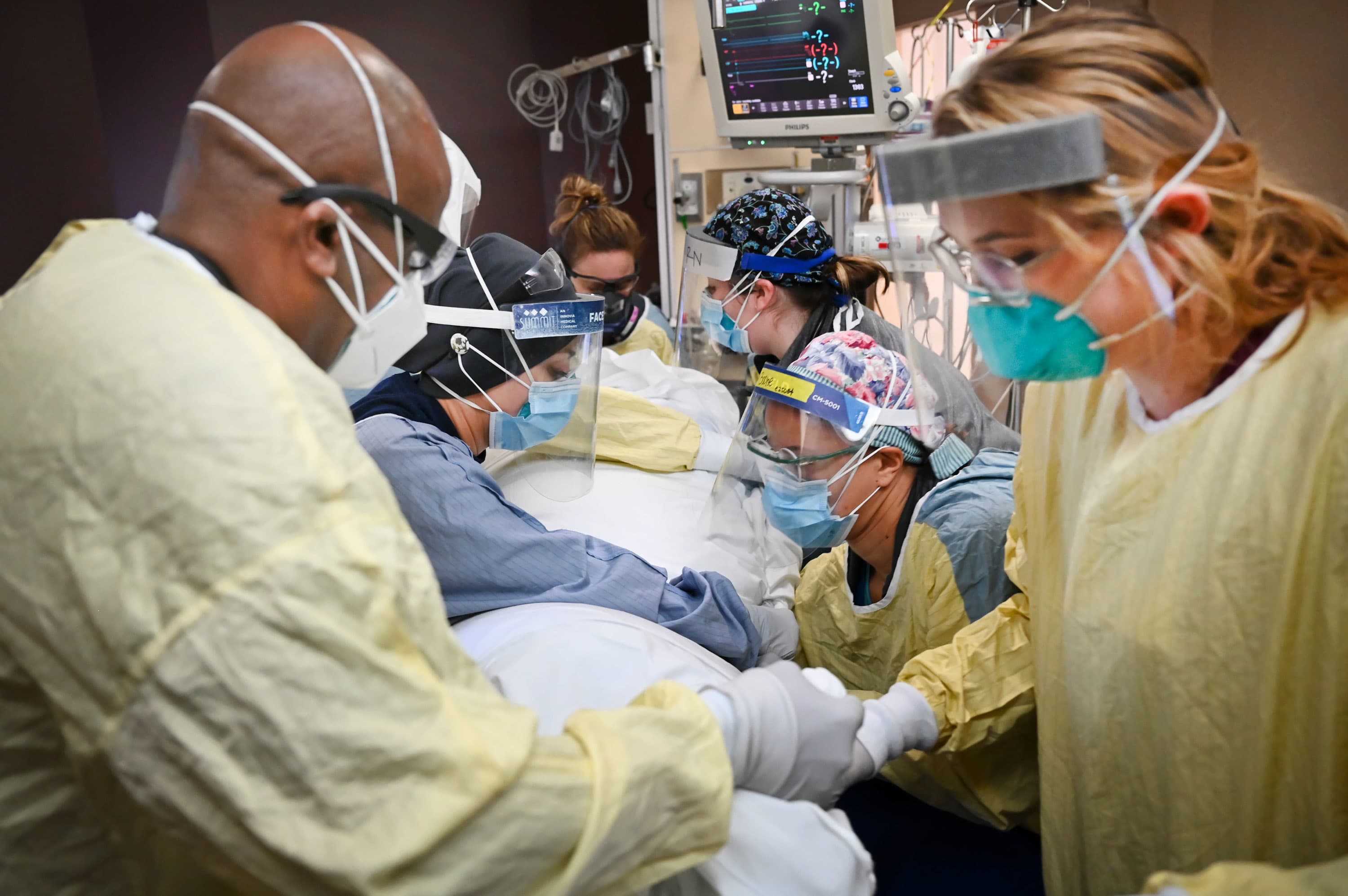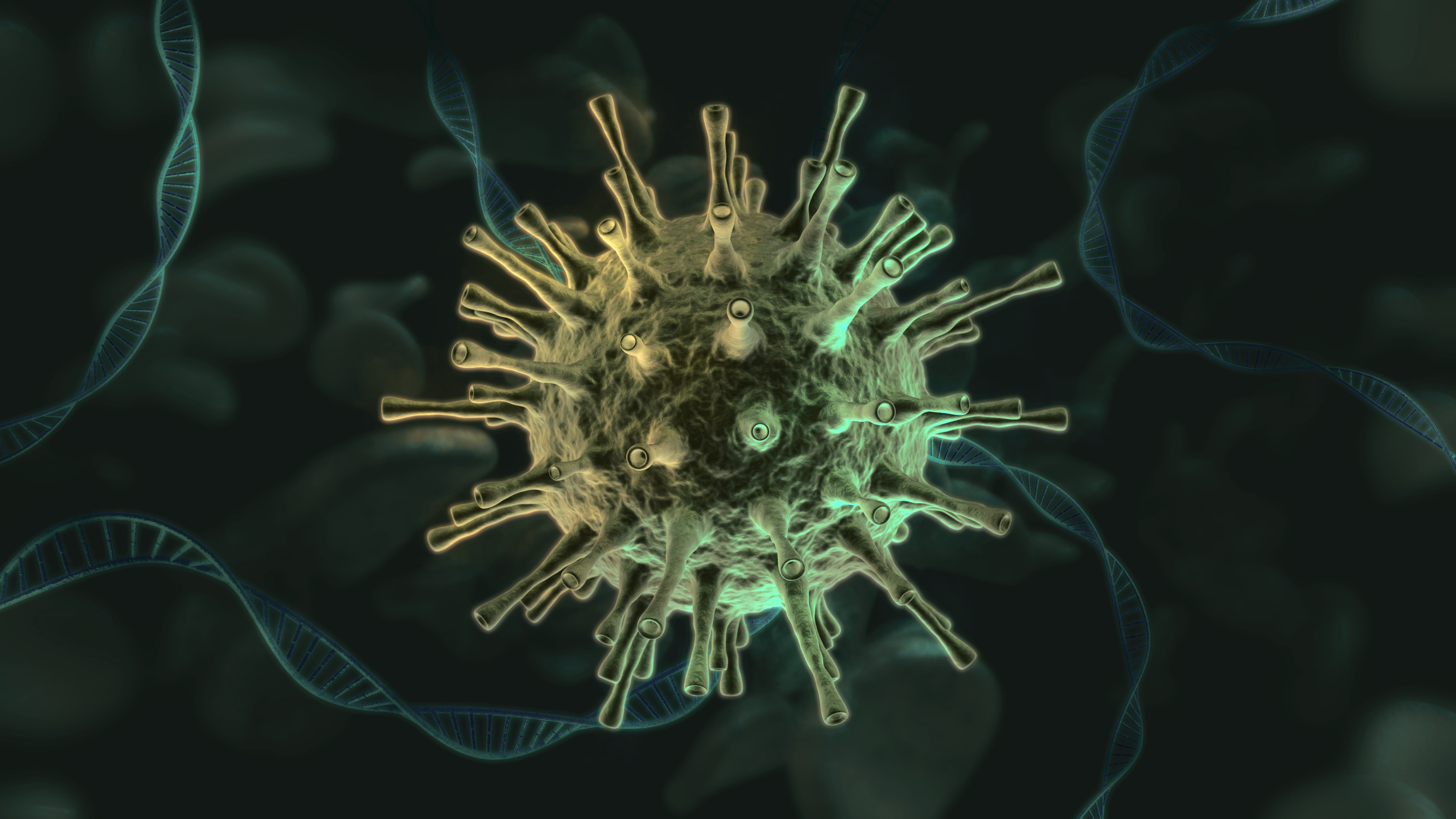What does the rise in Delta variant cases around the globe mean for those who received the Johnson & Johnson vaccine?
While preliminary data shows both two-shot mRNA vaccines continue to offer protection against the new Delta coronavirus variant spreading globally, questions over whether the single-shot J&J vaccine offers the same level of protection have been raised.
WATCH ANYTIME FOR FREE
Stream NBC10 Boston news for free, 24/7, wherever you are. |
Currently, little data has been released showing just how effective the Johnson & Johnson is at protecting against the Delta variant, though it is believed that the single-shot vaccine does offer protection against the variant.
Dr. Scott Gottlieb, former Food and Drug Administration commissioner, reportedly said the Johnson & Johnson vaccine appears to be about 60% effective against the delta variant.
Get updates on what's happening in Boston to your inbox. Sign up for our News Headlines newsletter.
While studies have shown that the available vaccines work against variants, including the delta variant, all two-dose vaccines offer significantly more protection following their second dose.
Researchers in England studied how effective the two-dose AstraZeneca and Pfizer-BioNTech vaccines were against it, compared with the alpha variant that was first detected in the U.K.
The vaccines were protective for those who got both doses but were less so among those who got one dose.
A recent study showed the Pfizer vaccine was 84% effective against the variant after two doses, but only 34% effective after the first dose.
Moderna also announced Tuesday that a new study showed its vaccine also produced promising protection in a lab setting against the delta variant and others currently circulating.
“As we seek to defeat the pandemic, it is imperative that we are proactive as the virus evolves. We remain committed to studying emerging variants, generating data and sharing it as it becomes available. These new data are encouraging and reinforce our belief that the Moderna COVID-19 Vaccine should remain protective against newly detected variants,” Stéphane Bancel, chief executive officer of Moderna, said in a statement.
Still, medical experts say any of the three vaccines currently being used in the U.S. continue to show good results as far as protection.
”This will protect them against getting very sick and being hospitalized and even dying from the Delta variant,” Dr. Katherine Gergen-Barnett of Boston Medical Center told NBC10 Boston.
The larger concern comes for unvaccinated individuals and potentially high-risk populations.
So far, there has been no recommendation from the Centers for Disease Control and Prevention surrounding booster shots with the Delta variant.
But concerns surrounding spread of the variant have prompted warnings from other health officials who say masking guidelines should continue regardless of vaccination status as the variant spreads.
Sign up for our Breaking newsletter to get the most urgent news stories in your inbox.
On Monday, the Los Angeles County Health Department said it "strongly recommends everyone, regardless of vaccination status, wear masks indoors in public places as a precautionary measure" due to the spread of the delta variant.
The World Health Organization on Friday urged fully vaccinated people to continue to wear masks, social distance and practice other COVID-19 pandemic safety measures as the delta variant spreads rapidly, CNBC reported.
"People cannot feel safe just because they had the two doses. They still need to protect themselves," Dr. Mariangela Simao, WHO assistant director-general for access to medicines and health products, said during a news briefing from the agency's Geneva headquarters.
"Vaccine alone won't stop community transmission," Simao added. "People need to continue to use masks consistently, be in ventilated spaces, hand hygiene ... the physical distance, avoid crowding. This still continues to be extremely important, even if you're vaccinated when you have a community transmission ongoing."
In Massachusetts, the Delta variant has been "steadily rising" since it was first clearly found in the state during the second week of April, said Boston Medical Center's Dr. Davidson Hamer.
As of early June, the variant accounted for about 7% of positive samples that have been sequenced in Massachusetts, according to GISAID.
More than 150 cases of the Delta variant were identified between March 13 and May 23, according to the Massachusetts Department of Public Health, which referenced data provided by U.S. Centers for Disease Control and Prevention from the national laboratories.




